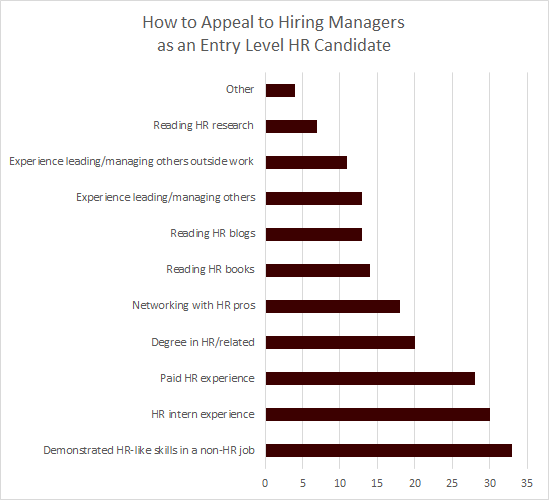I received the highlights from a new CareerBuilder study this week and they made me laugh for two reasons. First, because some of these ideas are actually pretty good, and second, because whoever wrote the press release of the data analysis is a bit off the mark. The gist of the research was this: people are looking for jobs (no surprise there) and some of them are doing interesting, strange, or downright weird things to try and stand out from the crowd.
A sampling of the strange
From the press release:
Hiring managers gave the following examples of unusual tactics job seekers used to stand out:
- Candidate gave the hiring manager a baseball that read: “This is my best pitch of why you should hire me.â€
- Candidate sent the hiring manager daisies with a note that said “Pick me, pick me.â€
- Candidate brought their mother to the interview as an in-person character reference.
- Candidate developed a whole website dedicated to the hiring manager, asking to be hired.
- Candidate hugged the hiring manager when introduced instead of shaking hands.
- Candidate got up from interview and started waiting on customers because the business got busy.
- Hiring manager had a candidate volunteer to work at the business for a month before submitting an application to show that she was able to do the job.
- Candidate presented a thick scrapbook of certificates, awards and letters.
- Candidate sent a Christmas card every year for three years.
- Candidate sent a cake with their resume printed on it.
Let’s take a moment to break a few of those down before pointing out the interesting flaw in the logic here.
- The good:Â candidate got up during interview and started waiting on customers because the business got busy
While this seems like a strange move, I think it’s actually really interesting. If we set aside any labor laws or FLSA issues of having someone perform a work task among real employees for 10-15 minutes, this is the perfect way to see if someone can actually perform the job. In a study we did earlier this year, we found that candidates actually desire assessments and opportunities to prove their ability to perform on the job (they don’t really like generic assessments with no link to the actual work duties).
- The bad: candidate sent cake with resume printed on it
This is weird. I like cake more than the average person, and even I wouldn’t eat a cake with a resume printed on it. Yes, I understand that the point is to get in front of the hiring manager, but this has nothing to do with qualifications, value, or usefulness. It doesn’t prove to me anything other than you are looking for ways to cut corners and get results without being willing to do something useful like networking, demonstrating value, etc.
- The ugly: candidate brought mom to interview
Seriously?
I don’t know that I even need to say anything here. The moment I see a candidate bring his or her mother, I immediately dismiss them as capable of anything other than calling mommy for help when the pressure is on. Don’t do this and don’t tolerate this.
Does this actually help you get a job?
Back to the findings:
Stunts can have a negative impact on your chances of getting the job — more than a quarter of employers (26 percent) say unusual attention seeking antics from job seekers would make them less likely to call a candidate in for an interview.
While some read this as “26% of employers say you are less likely to get an interview,” I read this as “74% of employers DO NOT say you are less likely to get called for an interview.” That’s interesting because if I use one of these stunts to get attention, I am three times as likely to get attention based on the data they are presenting, even though they skew it the other direction by saying one out of four companies is turned off by these types of antics.
Here’s a clue if you’re searching for a job: don’t rely on some weird tactic to get you in the door. Just like you wouldn’t want to date someone that rides up on a unicycle juggling flaming batons, you shouldn’t be swayed by people relying on these kinds of attention-grabbing activities to showcase their skills (unless it’s a really unique case of having to use those kinds of skills, which is a one-in-a-million kind of thing).
What about you? Any interesting stories of things candidates have done to get attention that are outside the norm of phone calls, emails, hard copy resumes in the mail, etc.?Â
